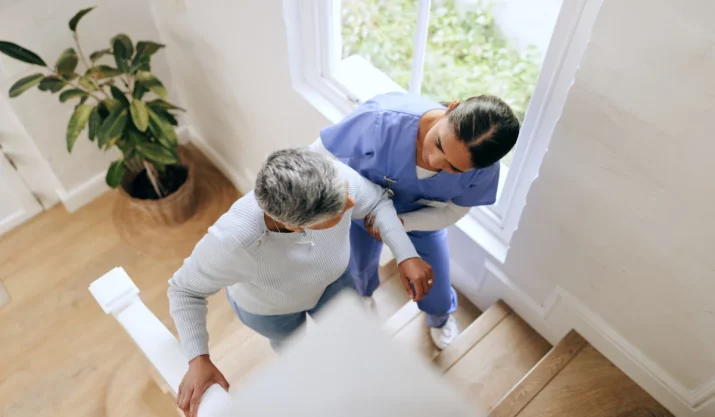8 Essential Caregiver Skills
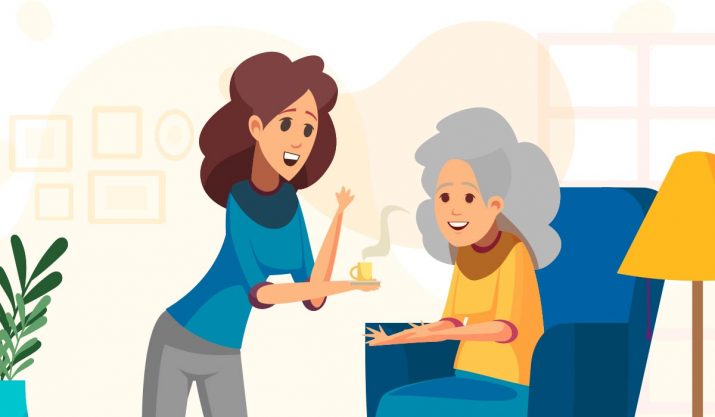
Table of Contents
- 1. Observation and Problem-Solving Skills
- 2. Organization and Flexibility
- 3. Patient Care Skills
- 4. Maintaining a Positive Attitude
- 5. Communication Skills
- 6. Ability to Provide a Clean, Safe Environment
- 7. Ability to be Empathetic
- 8. Ability to Seek Support
- How to Improve Your Caregiving Skills
- Caregiver Certification Courses
- Free Caregiver Training
Family caregivers play an important role in supporting their families. They provide the care necessary for their loved ones to stay at home or in another family member’s home, rather than moving to an assisted living facility. For many people, especially seniors, having a family caregiver means they can stay with their families and maintain a level of comfort and independence that they would not have in a facility.
According to “Caregiving in the U.S. 2020,” a report by the National Alliance for Caregiving (NAC) in collaboration with AARP, 53 million American adults are family caregivers who are caring for either a senior family member or one with special needs. Many people will end up becoming family caregivers at some point in their lives.
Being a family caregiver requires certain skills. Below are eight of the most important caregiver skills you will need to be successful when caring for your loved ones, along with resources for improving those skills.
1. Observation and Problem-Solving Skills
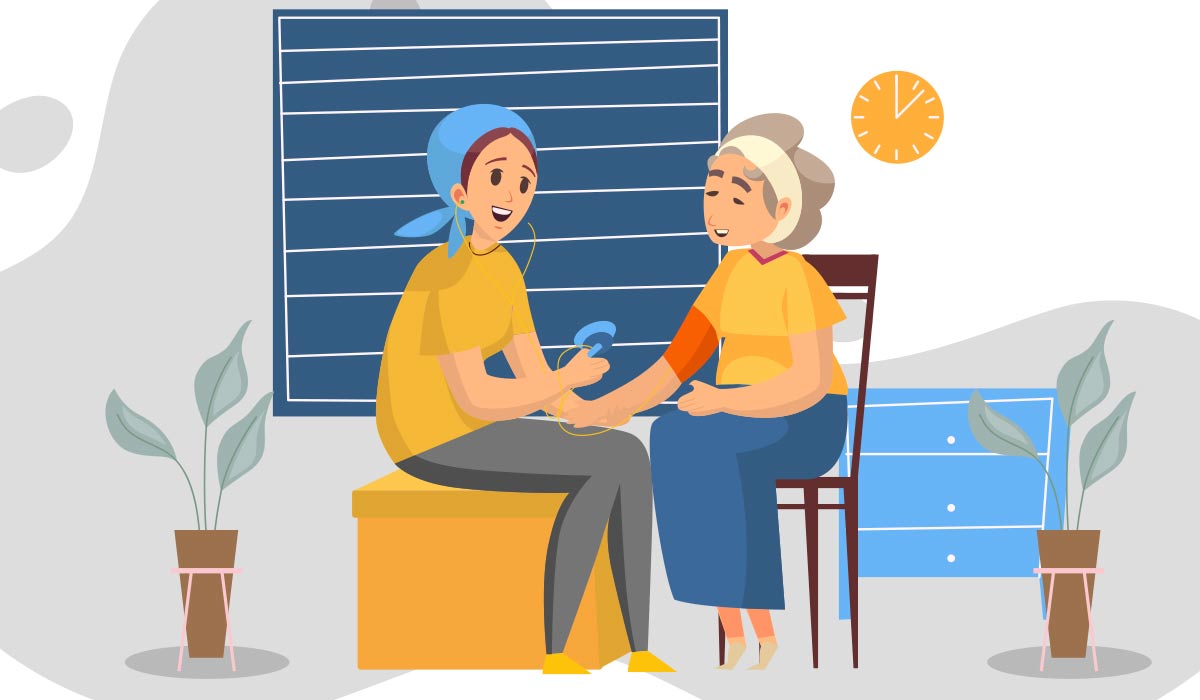
Problem-solving skills are critical for caregivers. Good problem-solving skills begin with observing and identifying any problematic situations. This could be identifying physical symptoms that may signify a medical issue, looking for signs of depression or anxiety, or monitoring the medical care of the person you are caring for.
After identifying the problem, approach it from different angles, come up with a plan for a solution, execute the plan, and evaluate the success afterward. If you have good problem-solving skills, you can meet any surprises head-on and take care of situations before they get out of hand.
2. Organization and Flexibility
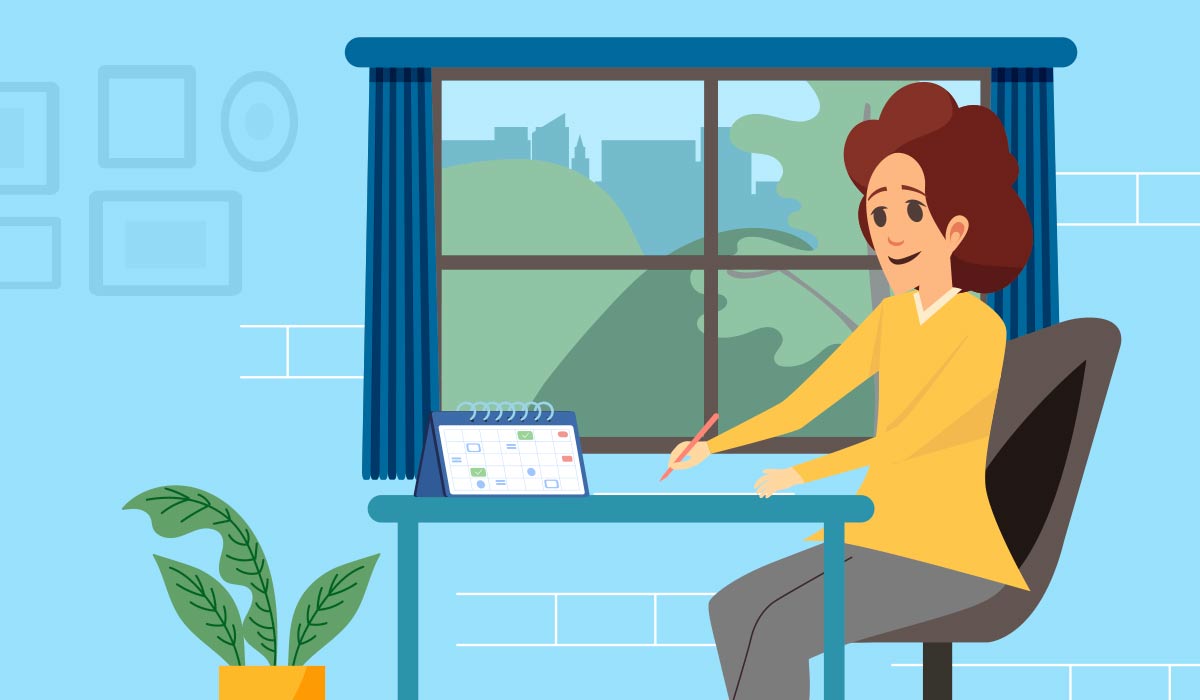
Having good organizational skills will help you manage your daily tasks and allow you to have better time management skills. If you have a schedule or plan for the day, and if you know where everything is, your day will go more smoothly. Keep in mind that plans sometimes need to be changed, so it’s important to remain flexible. Making to-do lists, following a schedule, and having a place for everything can help you stay organized, but you have to be flexible to meet any challenges or problems that occur.
3. Patient Care Skills
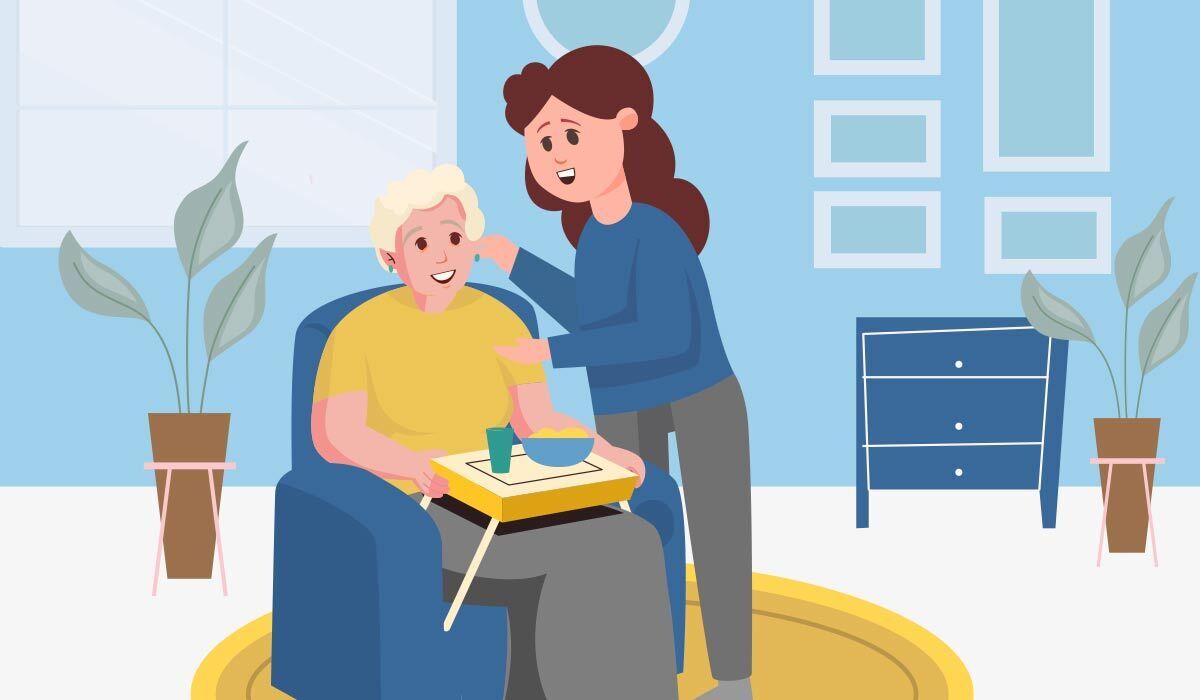
As a caregiver, you will likely need to provide assistance with daily living (ADLs), such as assistance with dressing, using the restroom, eating, or taking medications. Meal preparation and transportation assistance are also things that many seniors need.
According to “Caregiving in the U.S. 2020,” 58% of caregivers provide nursing care or some type of health care assistance, such as wound care, monitoring blood pressure or blood sugar, catheter or colostomy care, or injections. If you need to do this, you will need more specialized knowledge, and you should talk to your loved one’s doctor for advice on the best way to provide care.
4. Maintaining a Positive Attitude
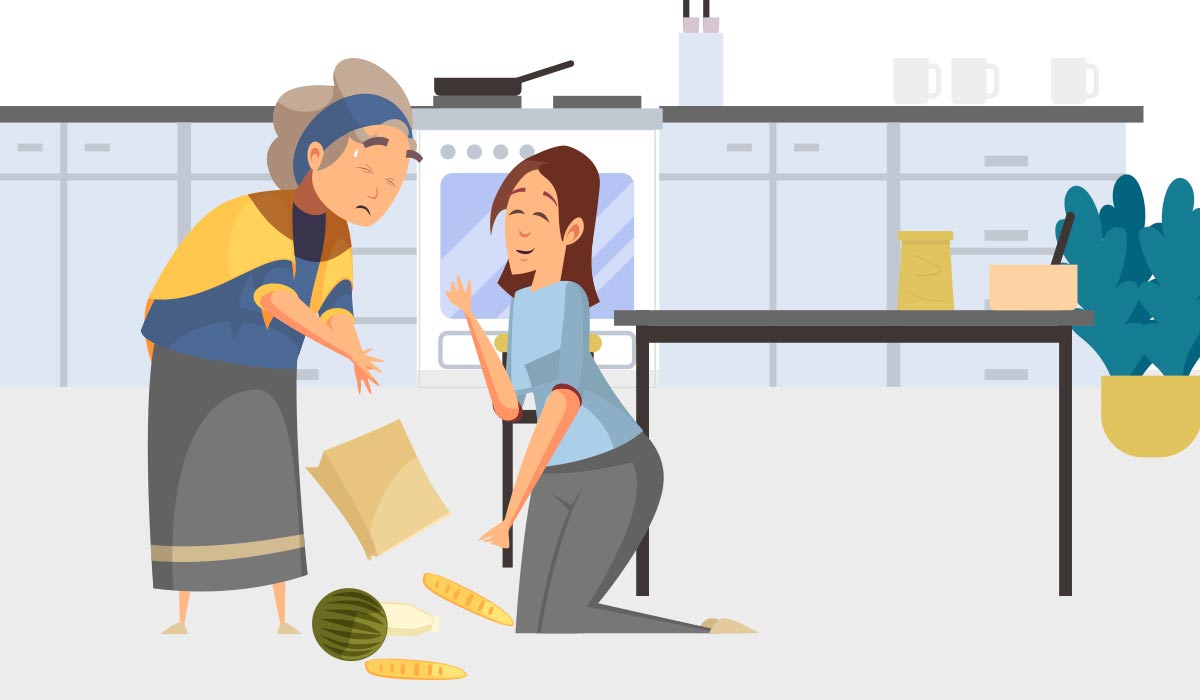
Having a positive attitude is crucial when you are caring for loved ones. It’s easy to get overwhelmed or frustrated, but you should do your best to stay positive. If you show too much negativity, the person you are caring for may think he or she is a burden or the cause of your negative feelings. Keep in mind that for many people, it’s difficult to accept the fact that they need help caring for themselves, and you should do everything you can to let them know they are loved and appreciated.
To help you stay positive, make sure you have fulfilling activities and opportunities for respite when you are not caring for your loved one. This may be difficult if you live with the person you are caring for, but it’s important to find time for yourself. This could mean having other family members help you or having volunteer or paid home care help when you need a break.
5. Communication Skills

Having good communication skills can help prevent misunderstandings, which is especially important when you are caring for someone. Caregivers and their family members should be open and honest about any needs or concerns they have. This allows caregivers to fully understand the needs of the person receiving care, and it reduces that chance for arguments or misunderstandings.
6. Ability to Provide a Clean, Safe Environment
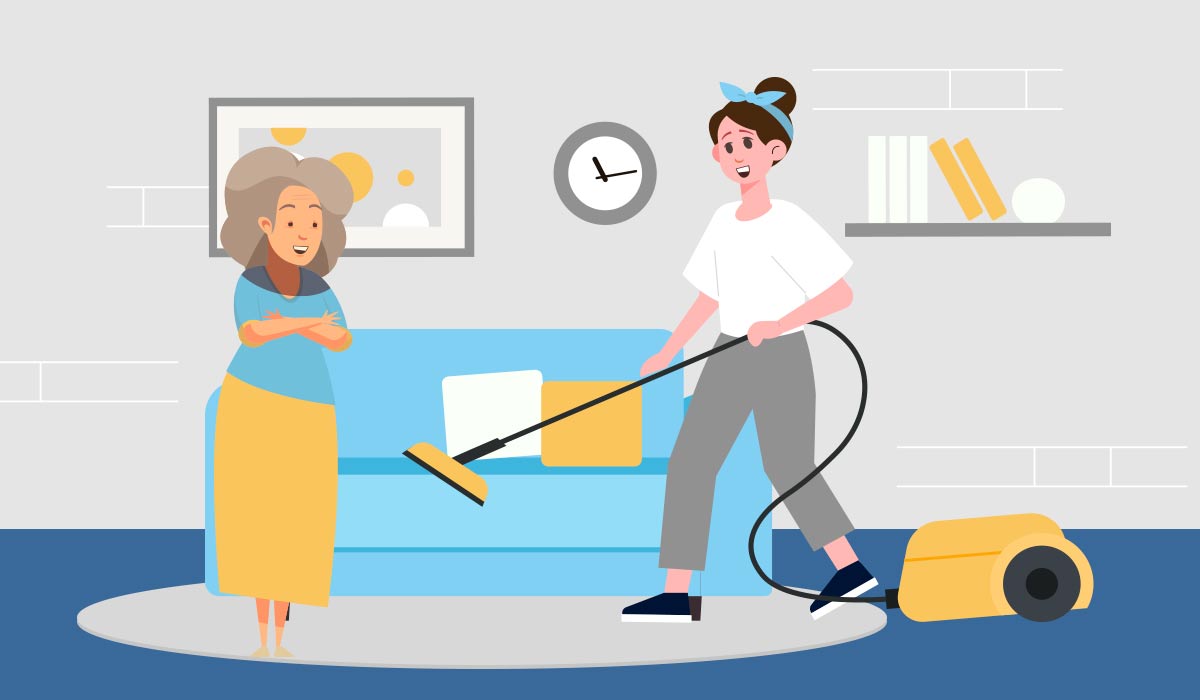
You should make sure your loved one is in a clean, safe environment. A clean space can make your loved one more comfortable, so you may need to do light housekeeping, such as washing dishes, mopping, or doing laundry. Taking a few minutes every day to pick up and put away things around the house can eliminate tripping hazards. Over time, many seniors begin to experience mobility issues, so it may be necessary to install grab bars in the bathroom, purchase a cane or walker, or have a stairlift installed if the home has more than one story.
7. Ability to be Empathetic
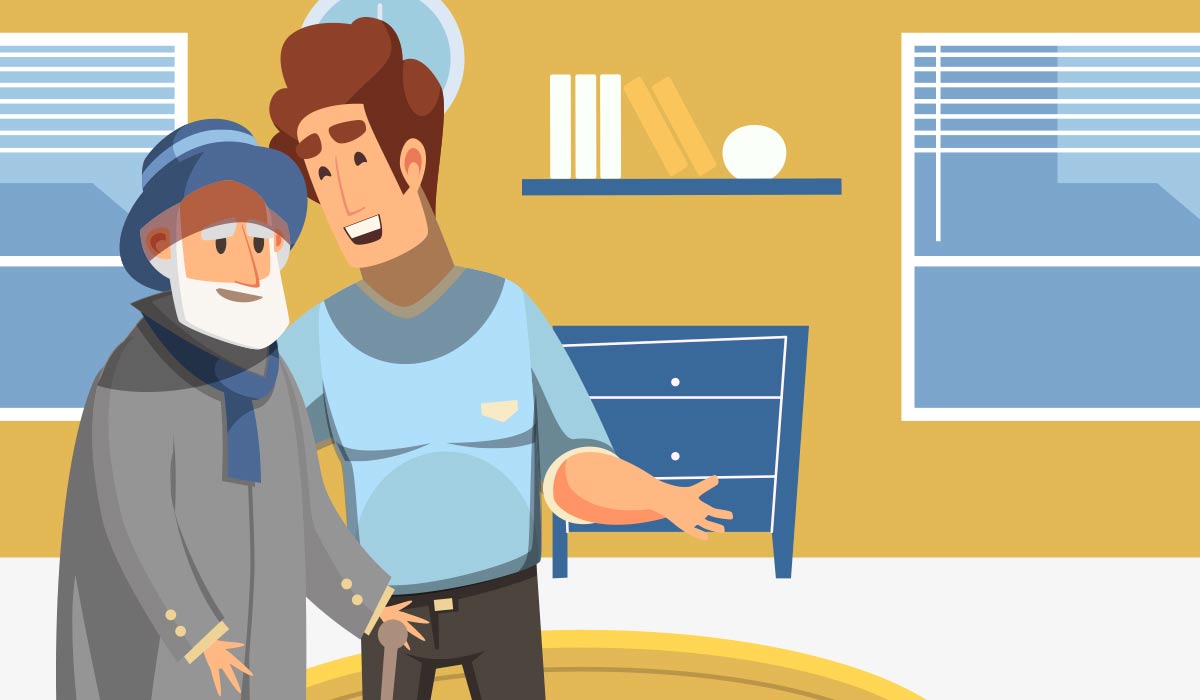
Caregivers should do everything they can to be empathetic and preserve the dignity of those who are receiving care. Some people may be embarrassed about needing help to bathe or use the restroom, and accepting help may make some feel humiliated. Try to give them as much privacy as possible when caring for them. Those who struggle with medical issues or memory loss may feel upset or confused. Putting yourself in their shoes can help you be more empathetic and patient with them.
8. Ability to Seek Support
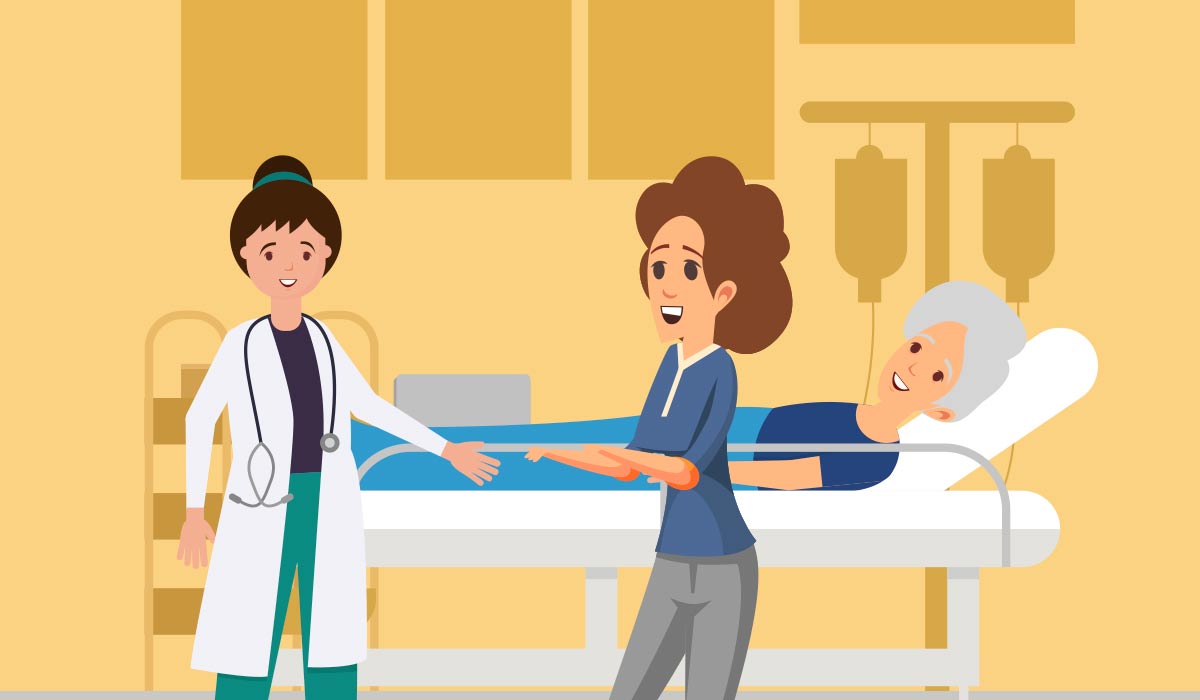
It’s common for caregivers to feel stressed or overwhelmed at times, and 23% of caregivers feel that their caregiving responsibilities have made their health worse, according to “Caregiving in the U.S. 2010,” so it’s important to find help when you need it.
If you don’t know how to meet the medical needs of the person you are caring for, or if you need assistance doing so, look for support in your local community. There are often community resources available to provide you with respite, education, or other assistance. Your loved one’s doctor may also be able to help you find medical training if needed.
How to Improve Your Caregiving Skills
The best way to improve your caregiving skills is to continue to educate yourself so you can be as effective as possible. There are a variety of resources available to help you stay informed.
Caregiver Certification Courses
Taking caregiver courses and watching training videos are great ways to improve your caregiving skills. Certified caregiver training may be available through your state’s department of health, and there are also online options available. Certification requirements vary by state. The Professional Association of Caregivers provides information on earning the California Caregiver Certification online for a reasonable price.
Free Caregiver Training
There are also free caregiver courses and training videos available online from many different organizations. Below are a few places to start, and you can search for caregiver training courses online for additional resources and information.
The Family Caregiver Alliance provides free webinars that cover a variety of care-related subjects, including daily care, caring for those with Alzheimer’s and dementia, and managing legal and financial issues.
Morningside Ministries’ provides a library of free videos covering several different topics, including preventing memory loss, combatting loneliness, music therapy, and medical advocacy.
Caregiver Action Network offers a “Family Caregiver Toolbox,” which includes links to a video resource center and information on support groups, respite care, and technology for caregivers.
Sources:
www.caregiving.org/caregiving-in-the-us-2020
www.caregiver.org/fca-webinars
www.caregiveraction.org/family-caregiver-toolbox
www.caregiverlist.com/California/Senior-Caregiver-Training-Requirements.aspx
www.professionalassociationofcaregivers.org/2018/05/23/california-caregiver-certification-online/
https://www.aarp.org/home-family/caregiving/info-2016/time-management-for-caregiver.html
www.aplaceformom.com/blog/free-online-family-caregiver-courses-and-training/





